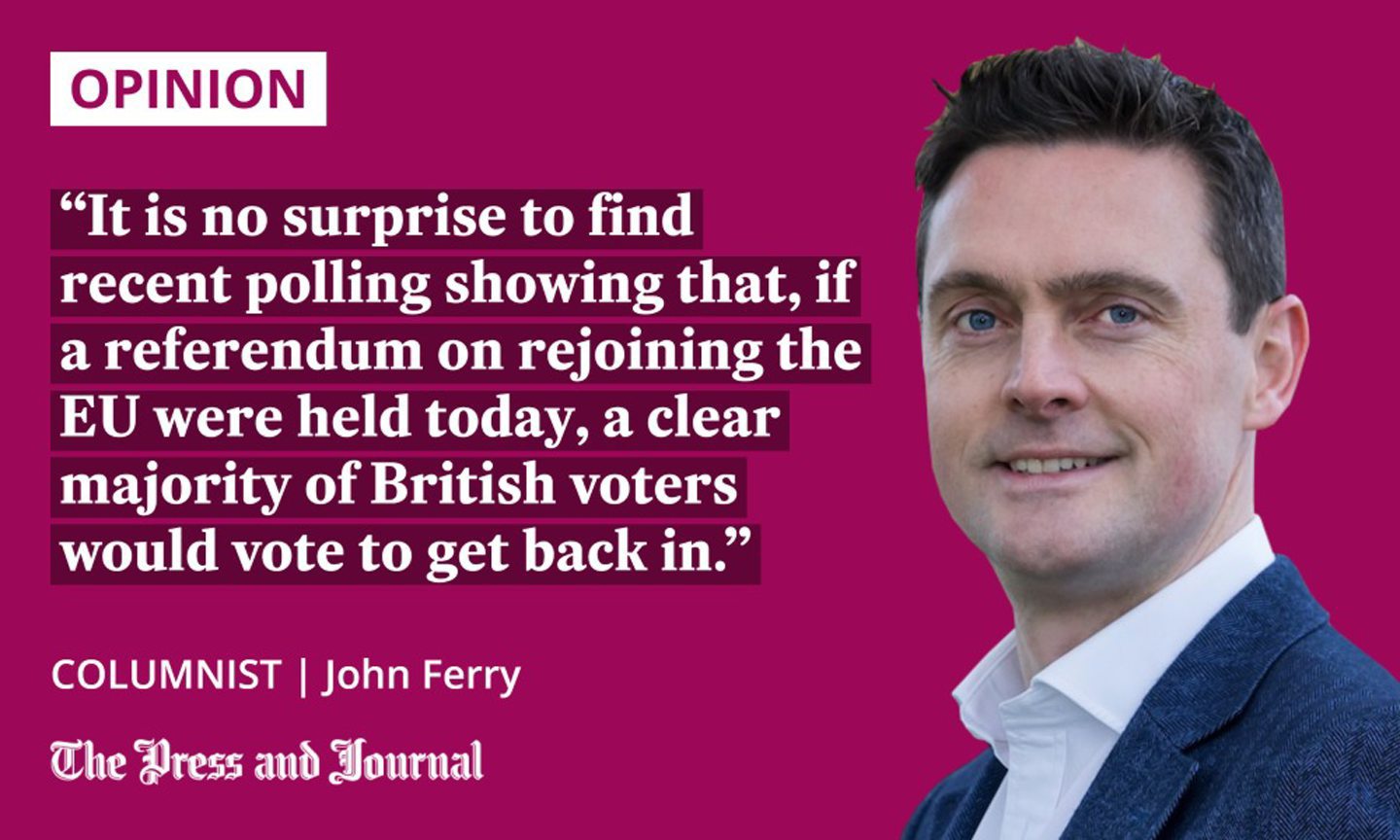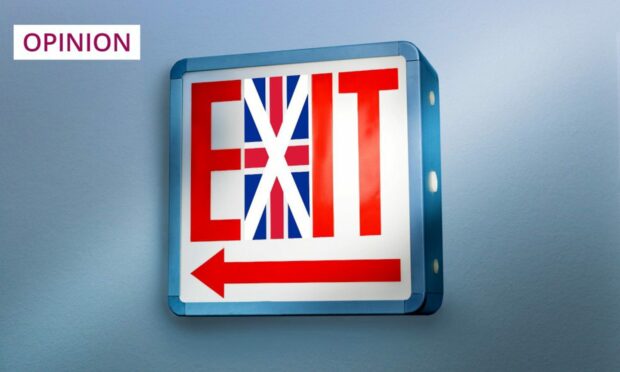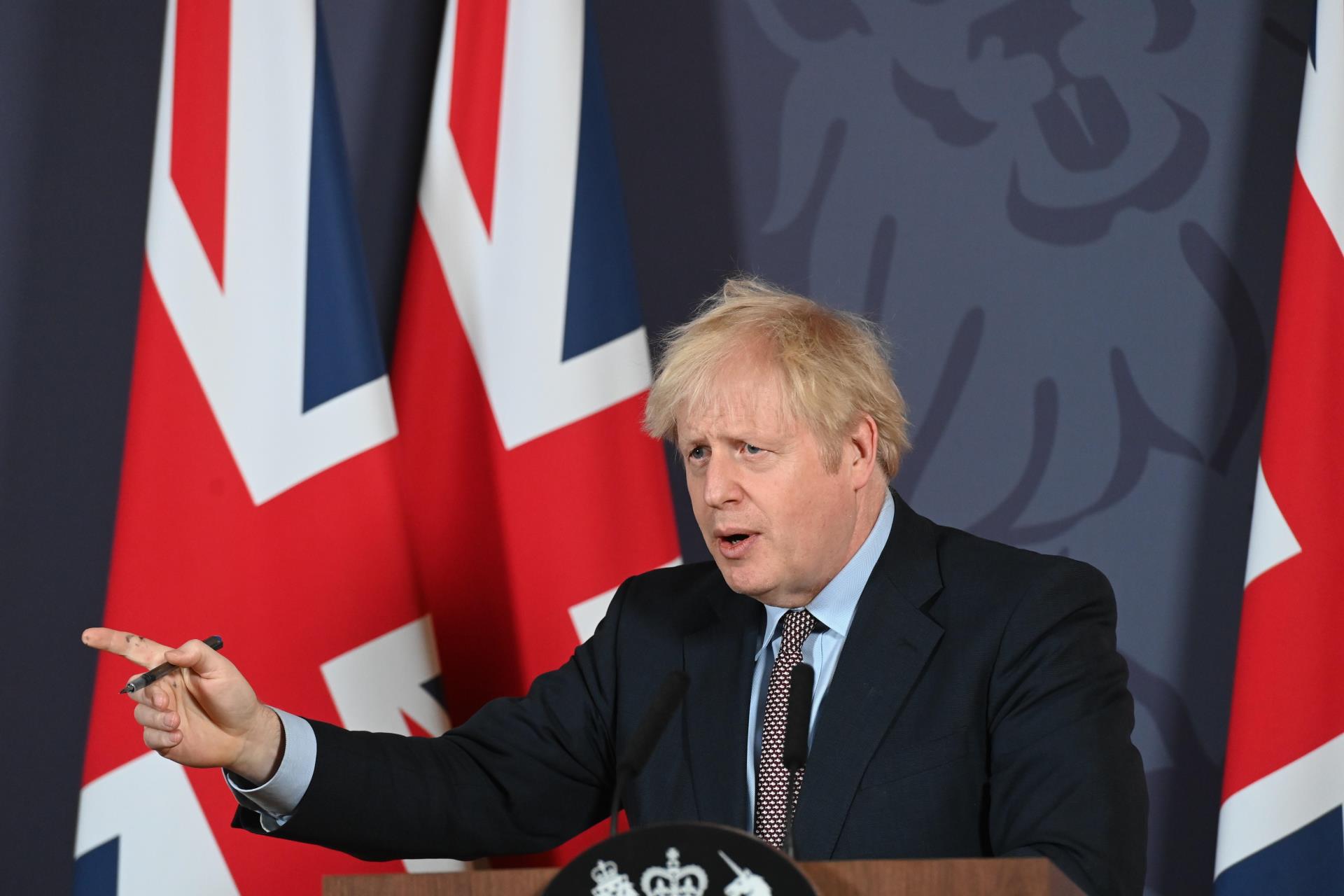With evidence that Brexit was an enormous act of economic self-harm, we should do everything possible to avoid repeating past mistakes, writes John Ferry.
As clocks struck 11pm this Hogmanay, it marked two years since the UK left the European Union single market and customs union.
It was precisely one hour prior to the bells on December 31 2020 when the UK-EU Trade and Cooperation Agreement (TCA) provisionally came into effect, with formal ratification coming later.
Enough time has now elapsed for us to make a considered assessment of the impact that momentous change has had on the UK economy. The scores are in, and it is not looking good.
 Last month, the British Chambers of Commerce (BCC) released a report in which it called for an overhaul of the TCA, after surveying over 1,000 businesses on their experience of navigating the new trading arrangements.
Last month, the British Chambers of Commerce (BCC) released a report in which it called for an overhaul of the TCA, after surveying over 1,000 businesses on their experience of navigating the new trading arrangements.
The BCC found that more than half of firms face difficulties adapting to the new rules for trading goods, while a little under half have struggled to adapt to the changes around trading services. More than three quarters of companies for which the TCA is applicable report that the Brexit deal is not helping them increase sales or grow their businesses.
One retailer in Dundee said the following: “Customs on both sides of the EU border seem to have a separate set of rules to be able to charge different amounts for the same thing. We don’t know until it’s too late what these costs are.”
“Businesses feel they are banging their heads against a brick wall,” said Shevaun Haviland, the BCC’s director general. “The longer the current problems go unchecked, the more EU traders go elsewhere, and the more damage is done.”
Another report, put out a few days before Christmas by the Centre for European Reform think tank, estimates that, by the second quarter of 2022, Brexit could have been responsible for reducing Britain’s GDP by 5.5%, investment by 11%, and trade by 7%.
If Brexit had not happened, then most of the tax rises former Chancellor Rishi Sunak announced in March 2022 would not have been necessary, the report claims.
Brexit has been an enormous act of economic self-harm
With evidence mounting that Brexit has been an enormous act of economic self-harm, it is no surprise to find recent polling showing that, if a referendum on rejoining the EU were held today, a clear majority of British voters would vote to get back in.
There are a few key lessons we can take from all this. At the UK level, the government needs to stop pursuing policies that threaten to exacerbate the harms of Brexit.
Principally, that means dropping the erroneous Retained EU Law (Revocation and Reform) Bill, which is designed to sweep away the thousands of EU laws created as UK law prior to Brexit.
'In hindsight, do you think Britain was right or wrong to vote to leave the European Union?' (%) – via @YouGov @FT #Brexit #EU 🇬🇧 🇪🇺 pic.twitter.com/Vmrun1LgHP
— Antonello Guerrera (@antoguerrera) December 25, 2022
Worryingly, the bill, as it is currently envisaged, would see laws automatically drop off the statute book at the end of 2023, if no steps are taken beforehand to actively preserve them. There are concerns this could have unforeseen consequences.
The Institute of Directors, the Trades Union Congress and others have collectively warned that the bill will “cause significant confusion and disruption” for businesses, working people and environmentalists, while former top UK Government lawyer, Sir Jonathan Jones, has argued that the bill is a case of “dogma over real policy”.
‘Scexit’ would hit Scotland’s economy two to three times harder than Brexit
Which brings us to the lessons of Brexit that should be absorbed at the Scotland level. Incredibly, instead of looking at the economic scarring of Brexit and concluding that we must be mindful never to go down such a path again, the Scottish Government is agitating to do just that, but on an even more harmful scale.
As we head into 2023, let’s take a moment to consider the real-world outcome of Brexit, and how it should inform our decision-making in the months and years ahead
The evidence is already in as to how damaging a Scottish exit from the UK would be. The rest of the UK accounts for over 60% of Scottish exports.
Leading trade economists have worked out that “Scexit” would hit Scotland’s economy two to three times harder than Brexit, and that’s without taking into account of the added chaos of separating our economy from its established tax and currency base – which was not a worry with Brexit.
Even one of Nicola Sturgeon’s own economic advisors has warned that Scottish secession would be “Brexit times 10”.
So, as we head into 2023, let’s take a moment to consider the real-world outcome of Brexit, and how it should inform our decision-making in the months and years ahead.
Brexit was a triumph of faith over reason. Hardcore Brexiteers in the Tory party pose an ongoing threat to the economic wellbeing of Britain. We must hope political forces keep them in check.
In Scotland, we have the luxury of clearly seeing the damage of separation before it goes too far. We can, and must, value policy reality over dogma. That is our big lesson from Brexit.
John Ferry is a regular commentator on Scottish politics and economics, a contributor to think tank These Islands, and finance spokesperson for the Scottish Liberal Democrats













Conversation